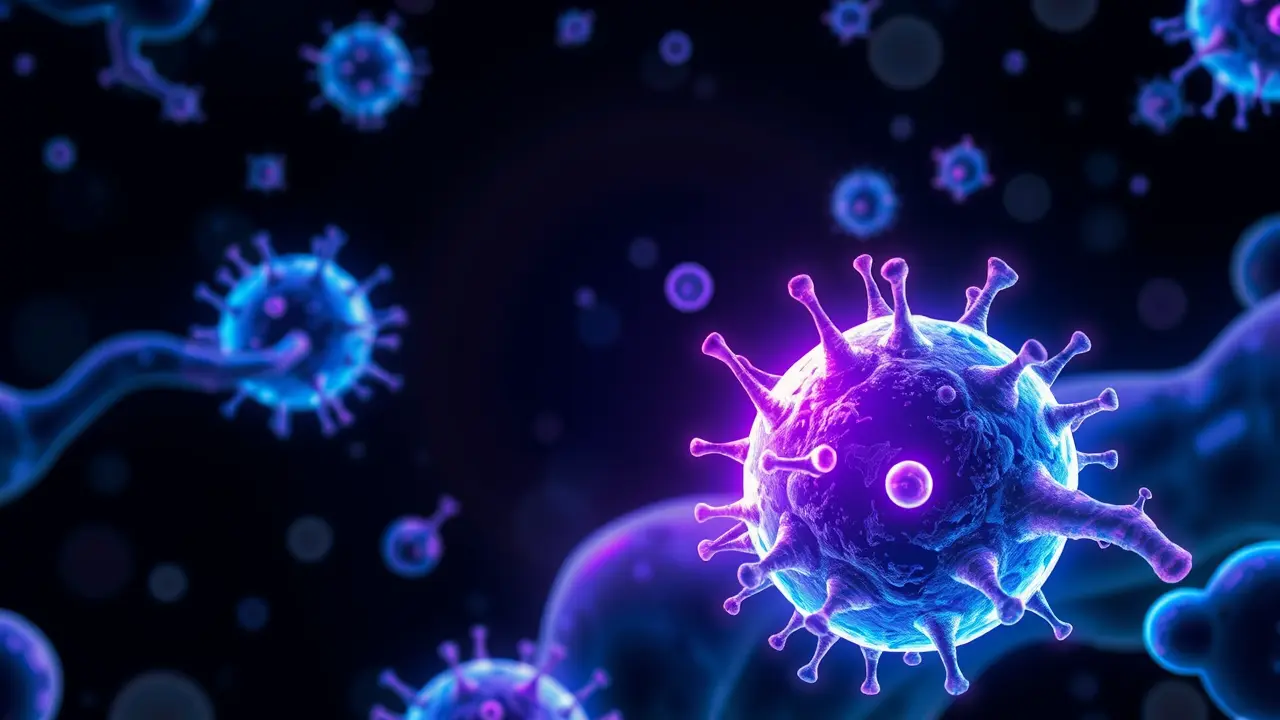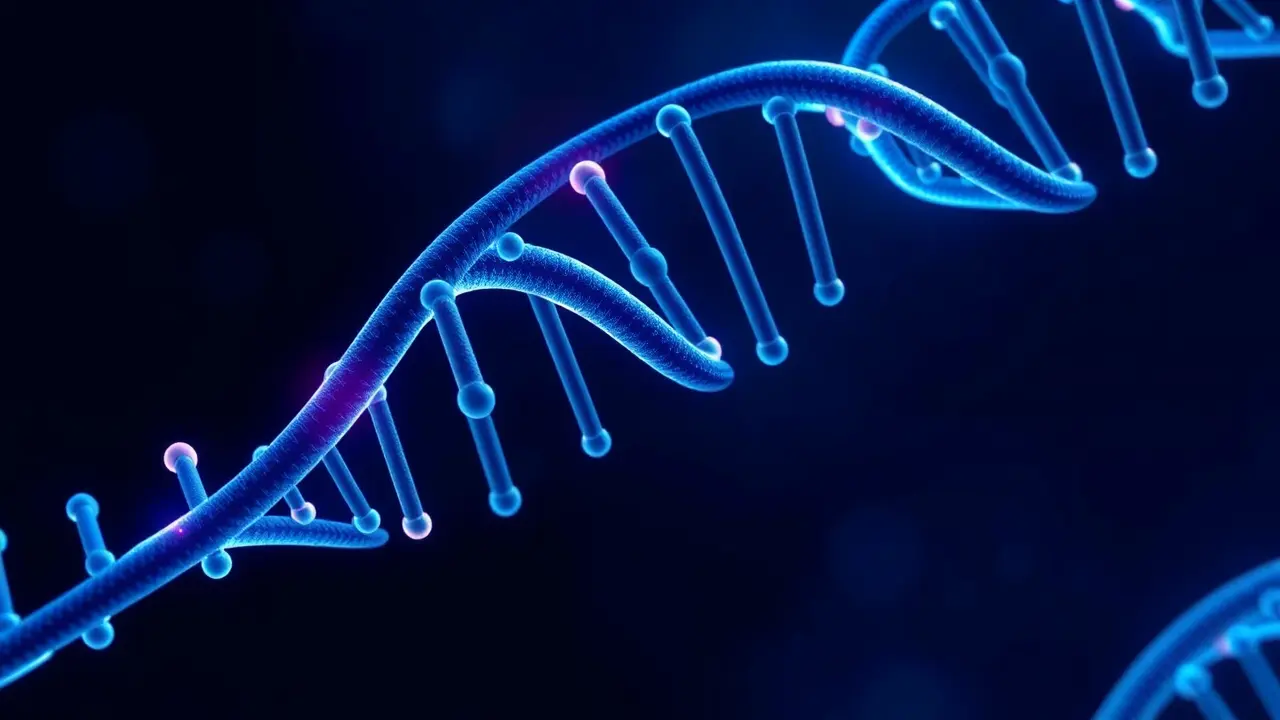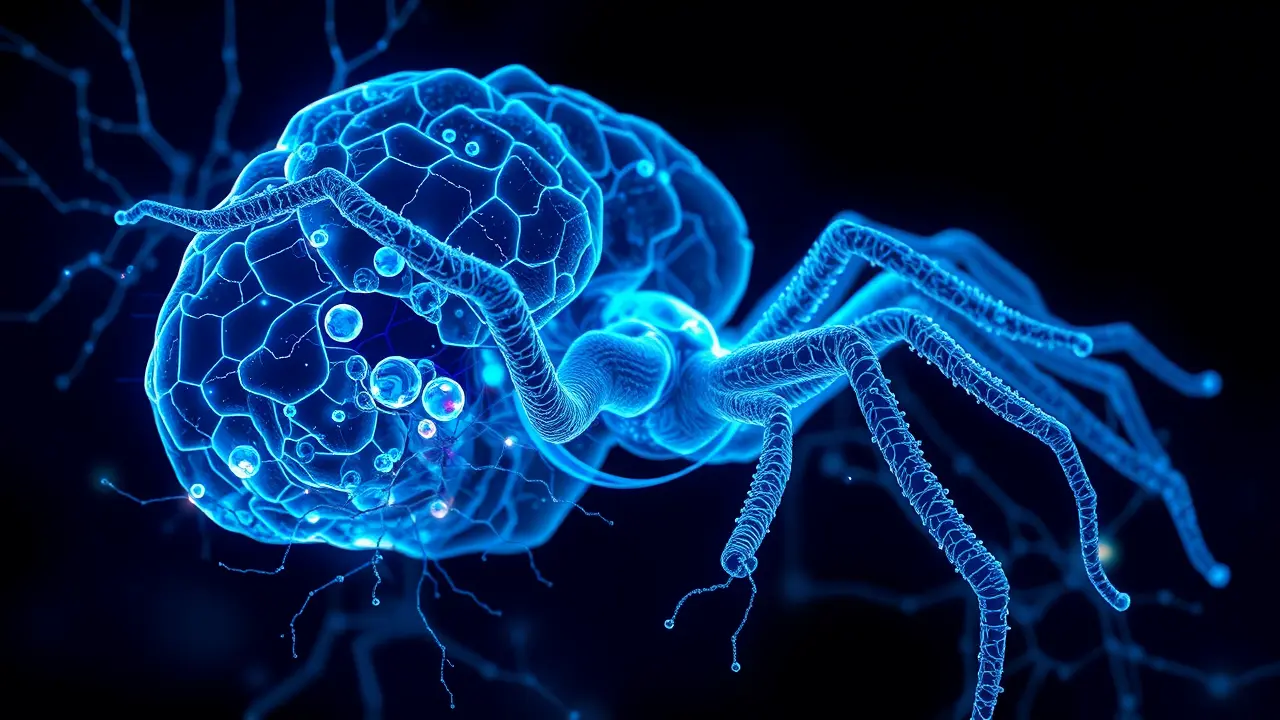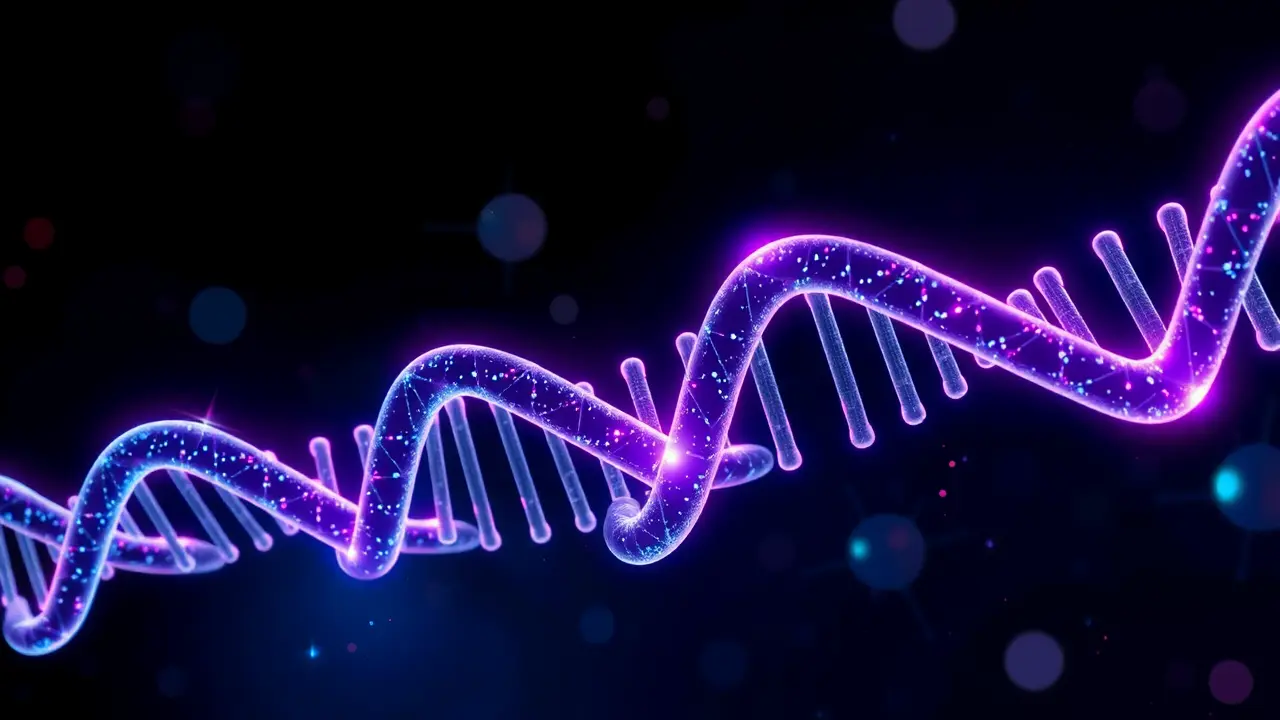
SciencemedicineCancer Research
New bacterial therapy destroys cancer without the immune system
KE
Kevin White
4 hours ago7 min read
In a development that feels ripped from the pages of a near-future medical thriller, a Japanese-led research consortium has fundamentally rewritten the playbook for oncological intervention with the creation of AUN, a revolutionary bacterial cancer therapy that operates entirely independently of the patient's immune system. This isn't merely an incremental improvement; it's a paradigm shift, leveraging a meticulously engineered bacterial duo—*Proteus mirabilis* and *Rhodopseudomonas palustris*—to launch a precise, two-pronged assault on malignant tumors.The genius of AUN lies in its synthetic biology core, where these microbes aren't just random pathogens but are programmed for a specific, synergistic mission. Imagine it as a microscopic special forces team: one unit, *Proteus mirabilis*, acts as the initial infiltrator, homing in on the uniquely hypoxic (low-oxygen) environment of solid tumors with an almost preternatural accuracy.Once established, it doesn't just attack blindly; it begins to reshape the tumor microenvironment, creating the ideal conditions for its partner, *Rhodopseudomonas palustris*, which then moves in to deliver the lethal payload. This second bacterium is the workhorse, engineered to produce and secrete cytotoxic compounds directly inside the cancer cells, triggering apoptosis—programmed cell death—from the inside out, all while leaving healthy, oxygen-rich tissues completely unscathed.The most profound implication here, one that sends ripples through the entire field of immuno-oncology, is that this mechanism bypasses the patient's immune system entirely. For the countless individuals with compromised immunity—whether from conditions like HIV/AIDS, the ravages of chemotherapy, or the immunosuppressive regimens following organ transplants—current frontline treatments like CAR-T cell therapy are often ineffective or dangerously off-limits due to the risk of catastrophic side effects like cytokine release syndrome.AUN effectively sidesteps this entire minefield, offering a lifeline to a patient population previously written off as untreatable with such advanced modalities. The research, likely building on the foundational work of pioneers like Dr.Bert Vogelstein who first explored bacteria as cancer-fighting agents, represents a quantum leap from those early, crude attempts. This is not about using a single, attenuated strain; it's about creating a dynamic, self-regulating microbial ecosystem designed for a single, devastatingly efficient purpose.Looking forward, the ramifications are staggering. We are potentially staring at the dawn of a new therapeutic class: living medicines.The next logical steps involve human trials to confirm efficacy and safety, but the path could lead to personalized bacterial cocktails, engineered to target specific cancer mutations or even to carry gene-editing tools like CRISPR directly to a tumor's nucleus. Of course, the road ahead isn't without its hurdles—regulatory frameworks for these 'designer bugs' are virtually non-existent, and public perception of introducing engineered bacteria into the body will require careful navigation. Yet, the data emerging from this Japanese-led initiative suggests we are no longer just treating cancer; we are beginning to outsmart it on its own turf, using the ancient, versatile tools of biology itself to forge a new, more hopeful future for oncology.
#featured
#bacterial cancer therapy
#AUN
#Proteus mirabilis
#Rhodopseudomonas palustris
#immune-independent
#tumor destruction
#Japan research
Stay Informed. Act Smarter.
Get weekly highlights, major headlines, and expert insights — then put your knowledge to work in our live prediction markets.
Related News
© 2025 Outpoll Service LTD. All rights reserved.








